The Complete Guide to Homestead Land Laws
Homestead land laws don’t exist under common law. States, however, have the right to enact their own laws about homestead living. Going off the grid can be difficult if you choose to do it in a state that is not as welcoming to homesteaders as others. Leaving the conveniences of suburban or urban life is a choice. With the right piece of land in an area that supports your efforts, homestead living can become a sustainable way of life.
If owning a homestead farm is your dream, this handy guide can help you discover the best (and cheapest) places to buy as much homestead land as you need. It also outlines the states best avoided by homesteaders, plus how to connect with others in your area who have embraced homestead living.
What is homestead land?
The legal definition of a homestead is a house and the surrounding land owned by a family. Homestead land can include a farmhouse and barn, plus any land strictly devoted to raising crops and livestock like Jersey cattle. Congress passed the first Homestead Act in 1862, providing 160 acres of federal land to anyone who agreed to farm it. The purpose of the original act was to spur economic growth and encourage the development of millions of acres of western land. The program was so successful that by 1890, the federal government had given away 373,000 homesteads totaling 48 million acres of undeveloped land.
Other homestead land laws passed over the years include:
- Southern Homestead Act of 1866
- Kinkaid Amendment of 1904
- Forest Homestead Act of 1906
- Enlarged Homestead Act of 1909
- Stock-Raising Homestead Act of 1916
- Subsistence Homesteads (New Deal) of 1930
The Homestead Act ended in 1979, and the federal government has not passed any additional legislation that would give away homestead land since. That doesn’t mean you can’t find places eager to cater to homesteaders through cheap homestead land and low taxes if you know where to look.
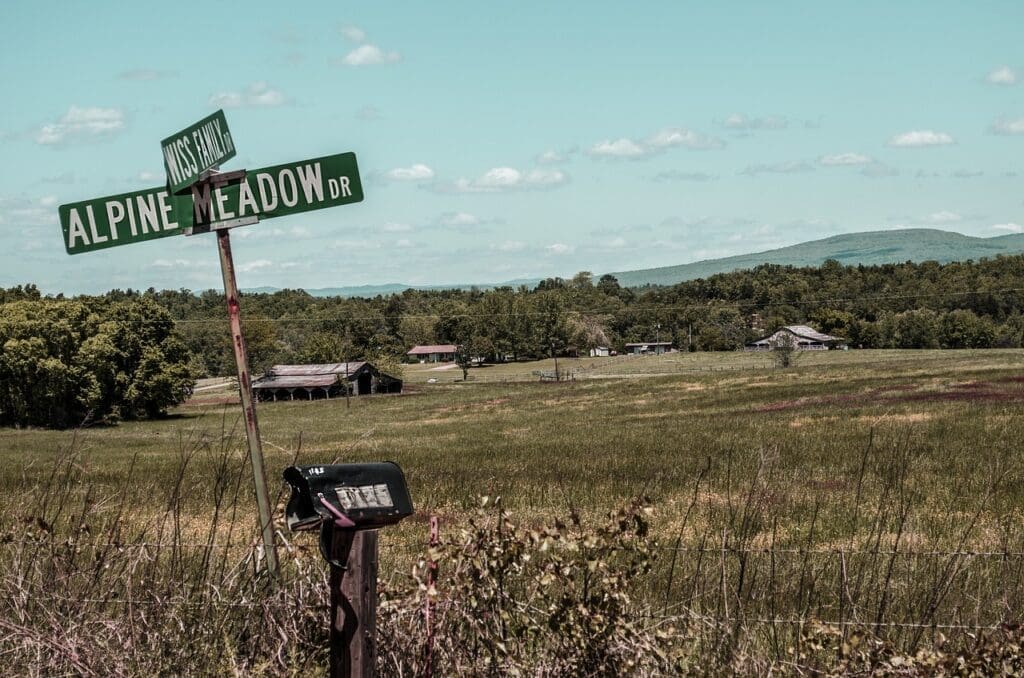
Cheapest states to buy homestead land
The next best thing to free land is cheap homestead land. A caveat when looking for affordable land is to keep in mind that sometimes land is a steal for a reason. You will want to do some research to ensure the land is fertile for growing and suitable for raising livestock. Make sure there aren’t strict laws dictating what you can and can’t do with your homestead farm (you can refer to our list below for help). Here are some of the cheapest states to buy homestead land.
- Arkansas homesteaders can enjoy not only some of the most fertile land for growing crops here, but also some of the cheapest to buy. According to the U.S. Department of Agriculture, the average price for an acre of land in the state is $1,480.
- Tennessee homesteaders can enjoy some of the cheapest land available in the U.S. As a bonus, homestead farm owners do not have to pay state income taxes and enjoy a low cost of living. Move quickly if you decide this is the place for you, because land – especially around Nashville – is going fast.
Best states for homestead living
There’s a difference between becoming more self-sufficient and living completely off the grid. Once you decide which version of homesteading you desire, you’ll need to find a place to live out your dream. Some states welcome homesteaders with open arms while others make it difficult for them. If you plan to make the lifestyle shift, here are some of the best states for homestead living.
Homesteading in Alabama
Farmland in Alabama is affordable and the taxes in most places are low enough to make this a good choice for those interested in buying their first homestead farm. The long growing season and livestock-friendly environment are added bonuses. If you want to go completely off the grid, Alabama is one of the best places to do so. A self-sustaining homestead farm is legal in many areas of the state.
Homesteading in Tennessee
The mild and moderate climate in Tennessee, coupled with its seasonal changes, make this a wise choice for homestead farms. Tennessee boasts some of the most fertile homestead land for growing crops, making it easier for those new to farming to experience success. The cost of living in the state is low, with affordable land and taxes. The state also is home to the Great Appalachian Homesteading Conference, a symposium designed to boost homesteading interest and provide support to new homestead landowners. Finally, Tennessee has one of the most competitive homestead land exemption laws in existence.
Homesteading in Idaho
Idaho is one of the most popular places for homesteaders to settle. This homestead farm-friendly state boasts more than 60,000 homesteads. If becoming more self-sufficient is your goal, Idaho should be a serious contender for where you choose to buy homestead land. Like Tennessee, Idaho has some of the most fertile land for agricultural growth. Since so many residents are homesteaders, most people in Idaho are very welcoming to the lifestyle. You can find lots of support and advice from other homestead farm owners eager to provide guidance on living off the grid. Idaho also has some homesteader-beneficial laws that offer provisions for growing your own crops, raising livestock, and homeschooling. It also has some of the strictest homestead land protection laws.
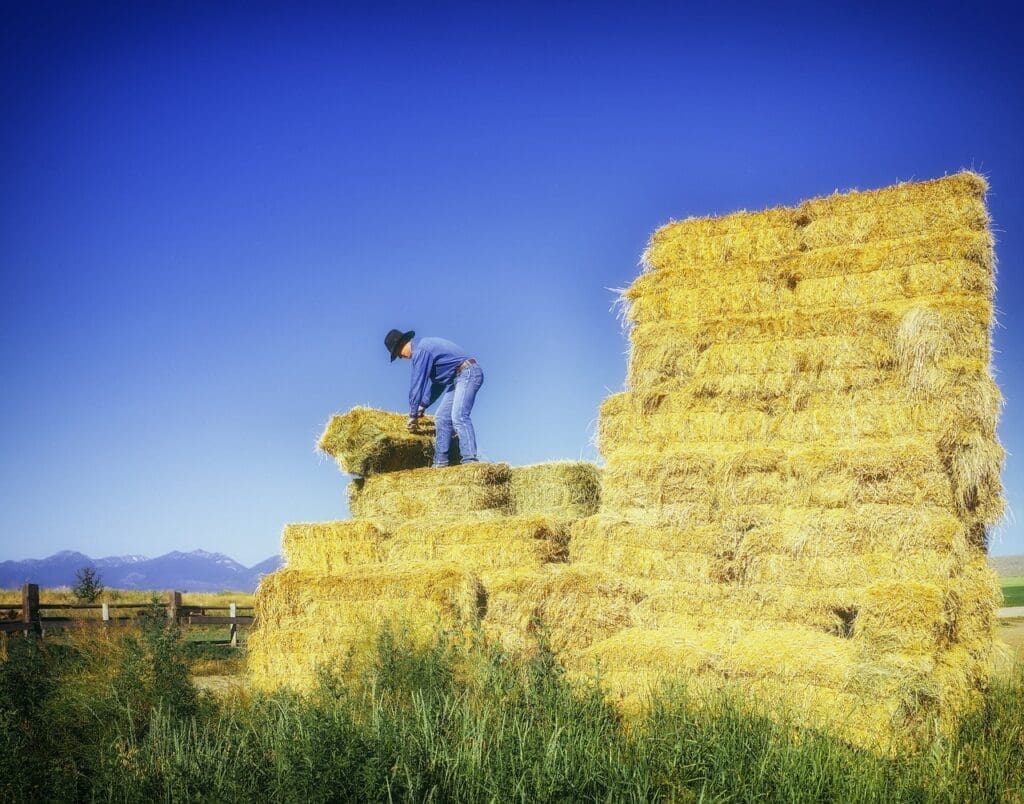
Homesteading in Oregon
Oregon’s fertile lands make crop growing and livestock raising easy for any level of homesteader. Whether you want to live completely off the grid or turn your homestead farm into a profitable venture, you can achieve both here. If you want to seek out other homestead landowners in the state, there are entire homesteading towns where you can connect with like-minded people and build friendships. Homesteading laws and coverage vary throughout the state, so you will want to do a little research before picking an area.
Homesteading in Missouri
Large plots of extremely fertile land grace many areas in Missouri, making it an ideal location for a homestead farm. The ample growing season in the state is another added benefit. Homestead farmers can cultivate a variety of crops, including Brussels sprouts, cabbage, carrots, collard greens, peas, and potatoes (to name a few). Homestead landowners enjoy protections under the state’s homestead law if they list the property as their primary residence. Farming and homesteading are big industries in Missouri, adding to the many reasons why it is a wise choice to buy homestead land.
Homesteading in Michigan
Greenhouse gardening is popular in Michigan and is a great option for homesteaders who want to grow a garden year-round. Located in the Great Lakes Region, Michigan also is very agriculturally diverse, adding to its homestead farm appeal. You will never have to worry about nuisance complaints about smelly livestock or fertilizer used in your field during the growing season, either. The state has some of the most comprehensive farmer-friendly laws in the U.S. Under their homesteading laws, the state allows you to allocate up to 40 acres of rural land as your homestead, safeguarding it against creditors. Michigan does have some strict laws about livestock keeping, so you must follow good farming practices if you choose to buy homestead land here.
Homesteading in West Virginia
Fertile land, freshwater access, and abundant wildlife are just three of the reasons why homesteading in West Virginia are ideal. Both land and property taxes are cheap, with the property tax at 0.59 percent – that’s well below the national average of 1.08 percent. The cost of living in the state also is about 22 percent lower than the national average and land prices average 60 percent less than anywhere else. West Virginia has no laws on the books about off-grid living, is pretty generous in allowing rainwater harvesting, and has no requirements about connecting to the power grid.
Worst states for homestead living
We’ve already provided a roadmap of the most welcoming states for homestead living. Now let’s talk about some of the worst places to try to start a homestead farm. Homestead land and the states in which it is located must meet certain criteria to support homestead living. Among the most important factors are having fertile soil for growing crops and ample land for raising livestock. The state must also have laws friendly to homesteaders because there is no sense making it harder than it needs to be to become self-sufficient. Here are the worst states for homestead living (and why).
- New Jersey tops the list of the worst places to launch your dream of becoming a homesteader. The extreme climate swings in the state are unfavorable for crop growing. The cost of land is high and so is the cost of living. New Jersey also has strict laws about clean energy, making it difficult to live off-grid.
- New York is a close second for the worst place to own homestead land for similar reasons (climate and expenses). New York has laws that forbid certain types of solar systems for energy, making it impossible to truly live off-grid.
- California has one of the highest costs of living in the U.S. The state also has regulations and stringent guidelines about solar energy which can make it difficult to go completely off-grid there. Land and property taxes also are among some of the highest in the nation.
- Nevada has two strikes against it for homestead farms: climate and the environment. The average rainfall there is around 10 inches, making it one of the driest places. It can be difficult to grow crops and raise livestock here unless you are an expert-level farmer.
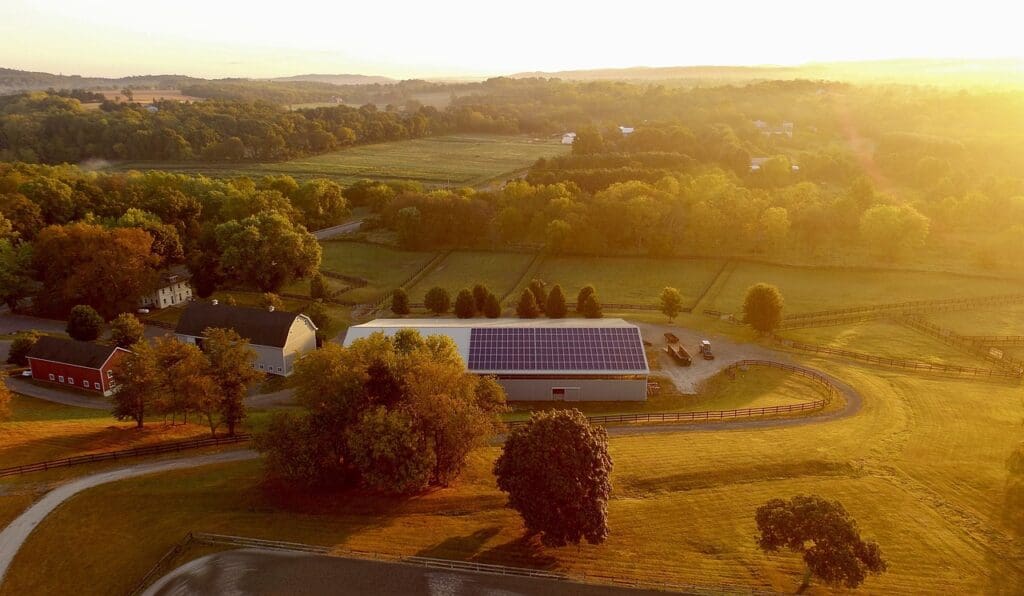
Going completely off-the-grid
Some states make it easier than others to live completely off the grid. If becoming 100 percent self-sufficient is your goal with homestead land, make sure you check state and local ordinances to be certain where you plan to go allows that kind of freedom. Living off-grid itself is not what is illegal. Where homesteaders get into trouble is in states where local ordinances and zoning restrictions may prevent them from building what they need while avoiding what they do not need to enjoy their preferred lifestyle. Composting toilets, disconnecting from the power grid, rainwater collection, and solar energy are among the challenges homesteaders can face in certain places. Here are some of the states where you are less likely to encounter obstacles when living off-grid.
- Alabama
- Arkansas
- Colorado
- Georgia
- Indiana
- Louisiana
- Tennessee
- Texas
- West Virginia
Each of these states meets the most important requirements for off-grid living: low cost of living, energy availability, freedom of lifestyle, ideal conditions for food growing, and water availability.
Finding your homestead land
Make sure wherever you choose to launch your homestead farm that you have the support needed to get started. Homesteading can be hard, especially if you are new to growing crops or raising livestock. States with large homesteading communities may be beneficial for first-timers who need extra help from those who share their lifestyle goals.
Happy homesteading!
In our kitchen, we only use cultures from Cultures for Health.
Get yours here and start culturing today.
Popular Articles

Raw Milk Revolution: 2023’s Milestones in State Legislation
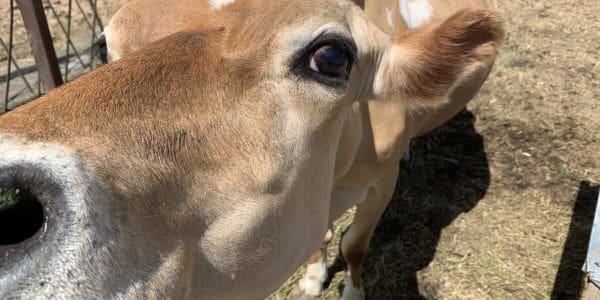
Jersey Cow for Your Small Homestead – Top 3 Reasons You Need One
Newsletter
Get signed up to get latest updates and new information from the Jersey Milk Cow!
This site uses Akismet to reduce spam. Learn how your comment data is processed.






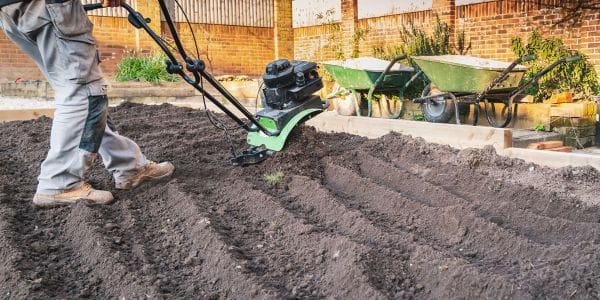
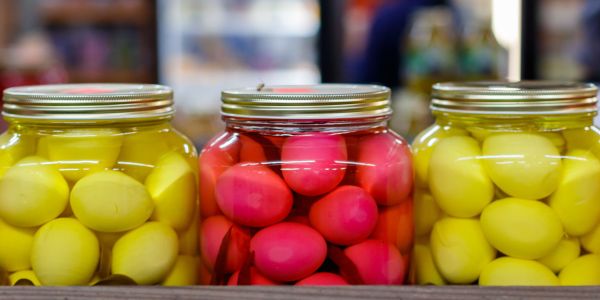


Leave a Reply